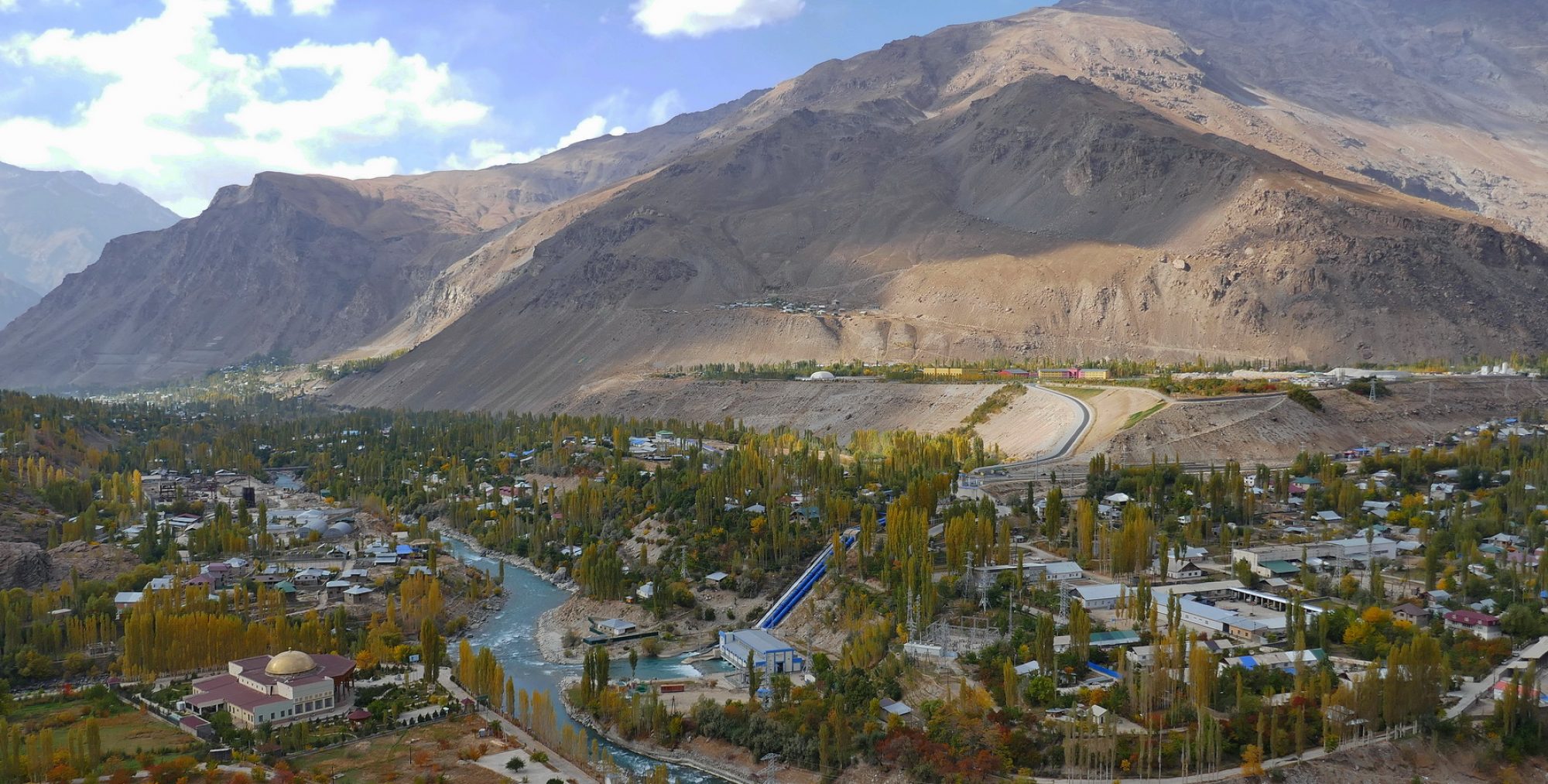After a year of discussion, negotiation, budgeting and contract development, UBC’s departments of EOAS and Geography are embarking upon a partnership with the University of Central Asia (UCA) to develop, produce and transfer the 22 courses making up UCA’s new undergraduate B.Sc. program in Earth and Environmental Sciences (EES).
UCA is a secular, internationally chartered and not-for-profit University, being developed as a partnership between the governments of Kazakhstan, the Kyrgyz Republic and Tajikistan and the Aga Khan Development Network (AKDN). UCA’s Chancellor, His Highness the Aga Khan, signed the International Treaty and Charter establishing this University in 2000, bringing the commitment and experience of the broader AKDN to the partnership, and offering an internationally recognized standard of higher education in Central Asia.
The university will include three campuses, one in each country. The first, in Naryn, Kyrgyz Republic, was opened for teaching in Sept. 2016. Some details about this new campus can eb seen here and here. It will focus on the Computer Science and Communications / Media programs. The Khorog, Tajikistan campus (opening 2017) will focus on the Economics and Earth and Environmental Science programs, and the Tekeli, Kazakhstan campus (opening 2019) will focus on the Engineering Sciences and Business and Management programs.
Our role at UBC is to prepare the courses for the EES degree program, and support corresponding professional development for the UCA faculty who will be teaching them. This project begins in January 2017 and involves delivering 3 pre-requisite courses in chemistry and ecology by late spring 2018, then a year later delivering 19 required and elective courses equally distributed among the environmental and geoscience disciplines. This work is being carried out in close partnership with current UCA faculty and members of research groups affiliated with UCA. The goal is to prepare students for employment or further graduate-level study in environmental or geological sciences by offering learning opportunities that are both rigorous to international standards and locally relevant in Central Asian, mountain-based geographical and cultural contexts.
